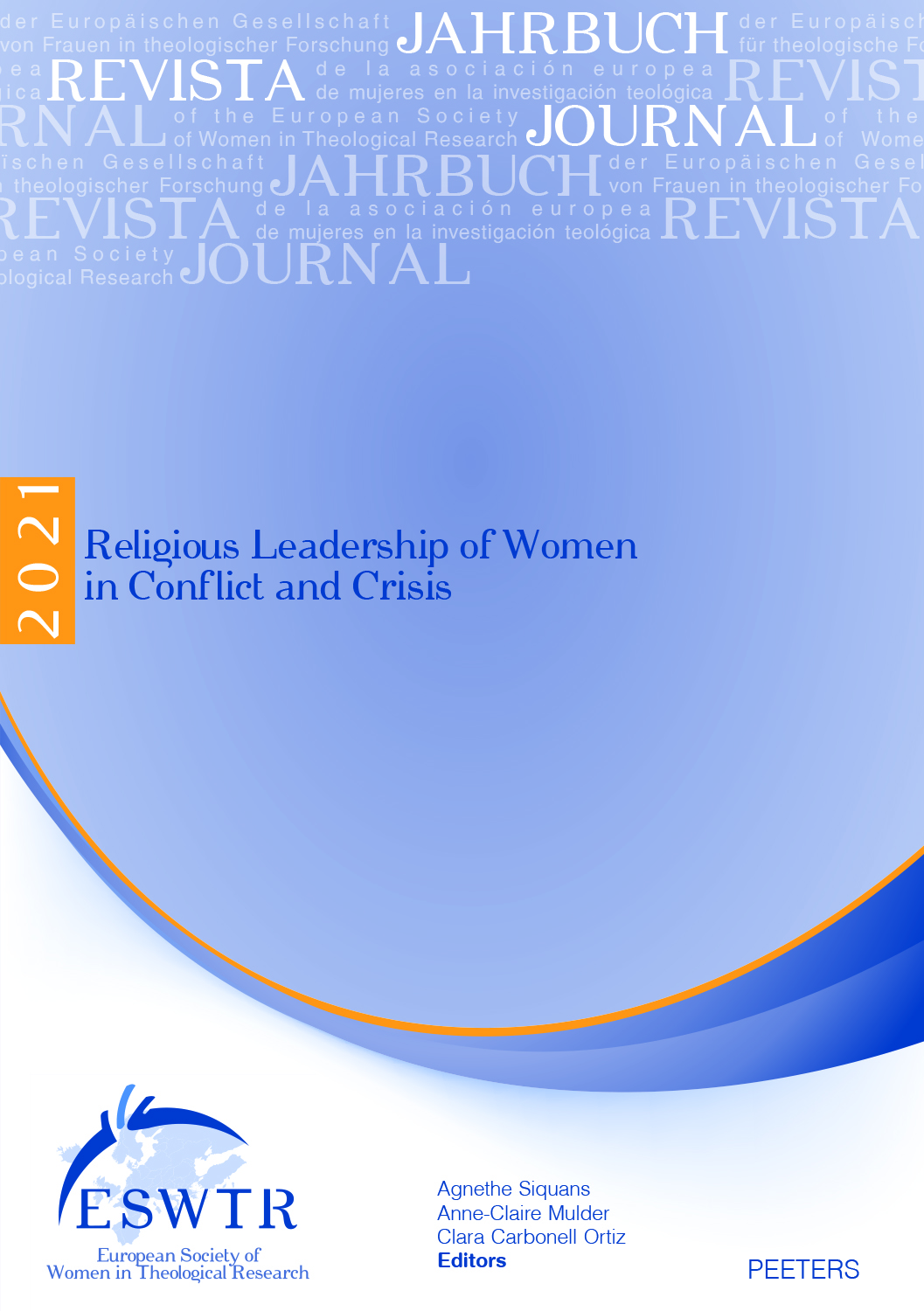 previous article in this issue previous article in this issue | next article in this issue  |

|
Document Details : Title: Theologie der Prä-Natalität und der Geburt Author(s): STRACK, Hanna Journal: Journal of the European Society of Women in Theological Research Volume: 16 Date: 2008 Pages: 19-24 DOI: 10.2143/ESWTR.16.0.2036244 Abstract : Despite the doctrine of incarnation, birth does not figure in the symbolic order of the Christian West as a creation event. One reason is the negative rating of the female body; another is the repression of birth through baptism. Pregnancy, birth and the womb must therefore be reassessed theologically. We can refer here to Hildegard von Bingen, who describes the pre- and peri-natal experience of transcendence. The birthing process itself may be interpreted as an encounter with the sacred (Rudolf Otto). This endows certain Bible passages with a new value, e.g. the statements about God’s action towards the unborn child, the esteem for the mother’s womb and the priestly role of the midwife. Women have very divergent experiences and attitudes and are not yet united around this issue of profound change in the symbolical order and the related assessment of the female body. Thus the fact that all human beings originated in their mother’s womb must be the starting point of new thinking and a new theology. A pesar de la doctrina de la encarnación en el orden simbólico cristiano occidental no aparece el nacimiento como un acontecimiento de creación. Esto se debe entre otras cosas a la percepción negativa del cuerpo femenino y a la sustitución del nacimiento por el bautizo. Por ello, se impone una nueva valoración teológica del embarazo y del nacimiento, y con ello del seno materno. Para ello podemos remitirnos a Hildegarda de Bingen, que describe la experiencia trascendente prenatal y perinatal. El trance del nacimiento en sí puede interpretarse como un encuentro con lo Sagrado (Rudolf Otto). Desde esta perspectiva, hay determinados pasajes de la Biblia que cobran un nuevo valor, como son por ejemplo las afirmaciones sobre la acción divina durante la vida prenatal, la valoración del seno materno y la función sacerdotal de la comadrona. Este profundo cambio del orden simbólico, y consecuentemente de la percepción del cuerpo femenino, no es todavía un tema en que las mujeres coincidan debido a sus diversas experiencias y posturas. Por eso, la procedencia de todo ser humano del seno materno debe constituir el punto de partida de un pensamiento nuevo y una nueva teología. |
 |
